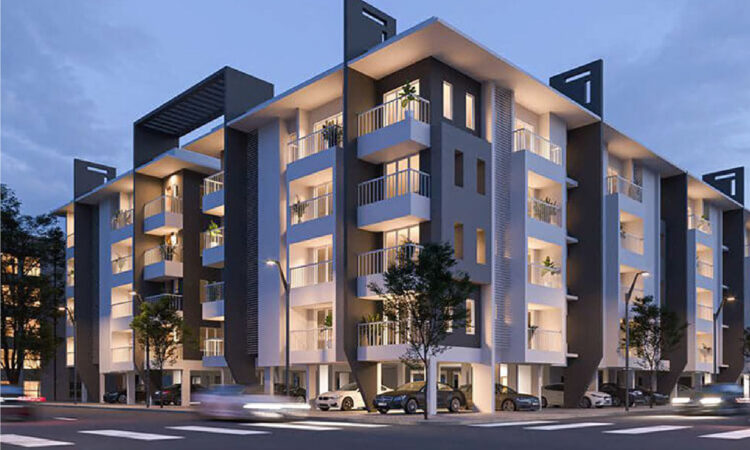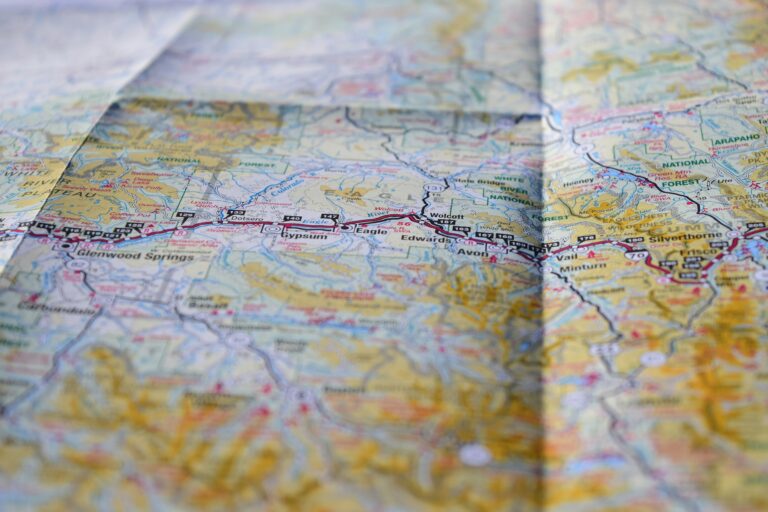Plaster is a material used to cover the uneven surfaces and masonry structures during construction of home, villas, apartments, commercial buildings, and industrial complexes. There are two types of plastering, internal plastering and external plastering.
There are several types of plasters including cement plasters, lime plasters, gypsum plasters, and stucco plasters. Plastering increases the strength of the walls and enhances the aesthetics of buildings.
Gypsum plasters are an evolving trend as they cost lower than other types of plasters, highly durable, and result in a smooth finish.
The blog describes in detail the cost to plaster a room and gypsum plaster price for a building.
- Gypsum plaster price
- Generally, the cost of gypsum plastering varies based on the following attributes.
- Material costs
- Labour costs
- Transportation costs
- Size of the building
- Workfront availability
- Water quality
- Location
- Masonry substrate
- Project schedule
Material costs for gypsum plastering
Generally, gypsum plastering price per kg varies between Rs. 30 and Rs. 40 per sq.ft. Gypsum plaster costs have remained almost unchanged despite being the most demanded in the construction industry. On the other hand, cement prices have increased especially after COVID-19 by almost 3% every year or every quarter. Of late, cement companies have increased the prices by Rs. 20 to Rs.30. Steel prices have also increased steeply. Given this, gypsum plaster is a cost-effective substitute to cement plasters.
In cement plastering, lime plastering, and other types of plastering we mix the main substrate with sand. In India, the National Green Tribunal has restricted the illegal sand mining across the river beds in the country. This has led to sand shortages and a surge in the cost of sand. There are alternatives available, like the M-sand. But the output quality is not impressive and appealing. It requires putty as the finish is coarse and rough.
Given all these, gypsum plastering is a cost effective way to plaster a building, no matter if it is residential, commercial or industrial.
Labour costs
The gypsum plastering price also depends on the labour costs. The labour costs for gypsum plastering is very less than the costs for cement plastering. Cement plastering requires water curing where water needs to be splashed for 14 to 21 days for it to settle down. Also the outcome is a coarse, not-so-smooth finish. Cement plastering also results in cracks and this requires application of putty. All these increase the need for labour.
On the other hand, with gypsum plastering, we don’t have to do water curing. Gypsum plastered walls are paint ready in 3 days. As they do not require water curing the labour requirements are way lower than cement plastering.
Also, gypsum plasters don’t require application of putty before painting. The walls are paint-ready and can be painted right after application. This also reduces the cost of labour and materials needed.
The labour costs have risen and there is also a notable shortage in labour supply. Given all these, the cost of labour needed for gypsum plastering is 40% lower than cement plastering.
Electricity and fuel costs
As explained earlier, gypsum plastering does not require water curing which in turn reduces cost of electricity and water consumption. Also, cement production requires fossil fuels which in turn adds to the greenhouse gas emissions and climate change. Studies have shown that cement industry is a leading contributor to greenhouse gas emissions and around 4% of total carbon emissions come from cement production. So, replacing cement plasters with gypsum plastering reduces carbon emissions and exploitation of water bodies. As mentioned earleir, it does not require sand and so helps restrict sand mining and overexploitation of natural resources.
Beyond this, gypsum plasters retain moisture for longer periods of time. During summer, using gypsum plasters can keep the building cool for long duration reducing the need for air conditioning and cooling service requirements.
Cheaper gypsum plastering at Kanish Plasters
Kanish Plasters is a leading gypsum plastering company in India. Located in 24 cities including Bangalore, Chennai, Coimbatore, Delhi, Hyderabad, Kanyakumari, Kochi, Mumbai, Pune, Visakhapatnam, and so on, we have served more than 400 clients. We have always been awarded a 5* rating by our clients and this testifies to the quality of our service. We also have a client retention rate of 95%.
We have partnered with leading gypsum plaster manufacturers and suppliers like Saint Gobain Gyproc so we can supply the highest quality gypsum plaster materials.
Beyond, we have invested in innovation and research which has strided us to where we are today. Our expertise in application complemented by partnerships with leading gypsum plaster manufacturers and suppliers like Gyproc and research-led initiatives have helped us offer the best gypsum plastering service at way lower prices than the other players in the industry.
Gypsum plaster price in India
Gypsum plastering in India is evolving at an enormous pace. Gypsum plasters have evolved as an effective alternative to cement plastering and other types of plastering. At Kanish Plasters, the cost of gypsum plastering varies between Rs. 30 and Rs.40 per square feet. While this is the cost of gypsum plastering, when compared to cement plasters, there is a 20% cost saving, 40% reduction in labour requirements, and 75% of plastering time. Beyond, gypsum plastering also reduces 35% of plastering weight and helps save 30 litre water per sq.ft.
If you are looking for gypsum plastering in India, visit www.kanishplasters.com. You can alternatively contact us at +91 9994500474 or email us at [email protected]


